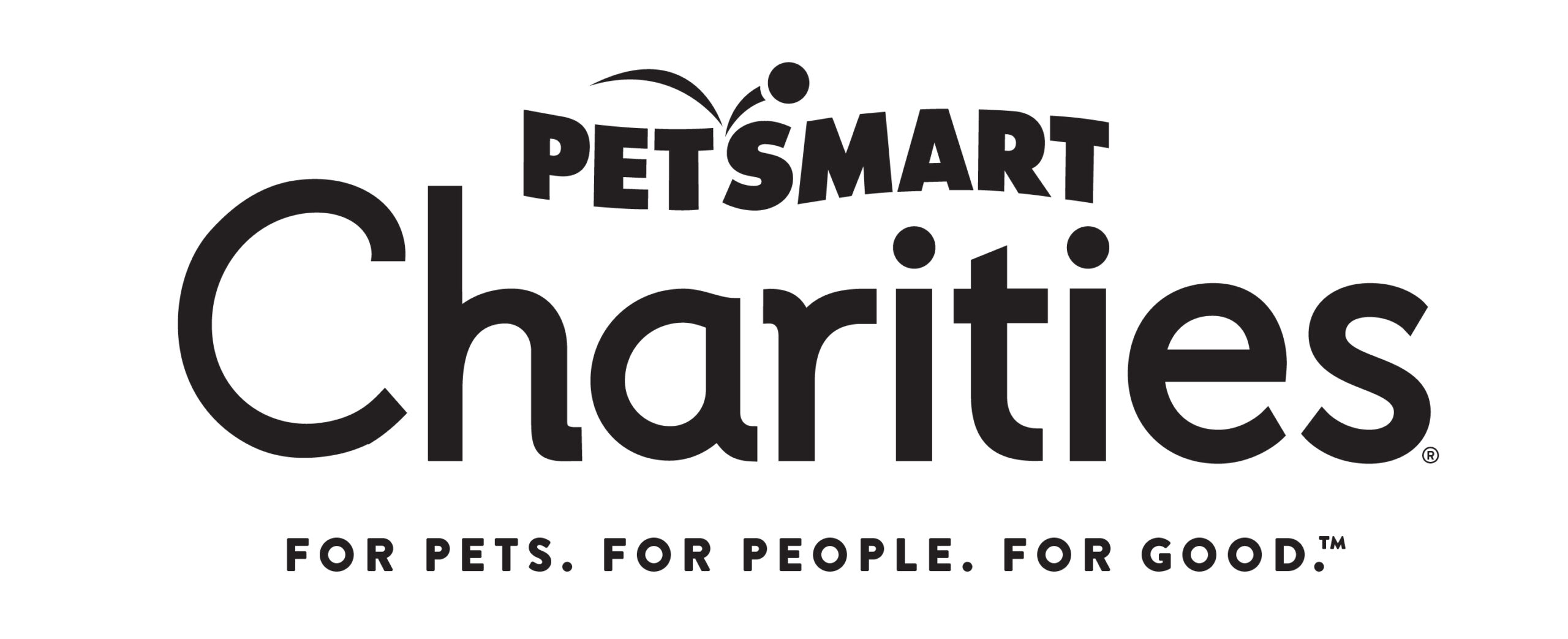Frequently Asked Questions
What does Rescued Pets Movement do?
Why can’t we just adopt the animals out in Houston?
What happens when there is an overpopulation of homeless animals?
Why does RPM transport so many dogs and cats outside of Houston?
Why is there a demand for rescue animals in other parts of the United States?
What does RPM need most, in order to continue saving lives?
We need donations. It averages $250 per pet for rescue to provide necessary vet care/rehabilitation and transport them to their new life. Please consider making a tax-deductible donation today! https://rescuedpetsmovement.org/donate/
We also desperately need temporary fosters who are willing to open up a spare room (or bathroom!) in their home to care for a homeless dog, puppy, cat or kitten (and the occasional pig) from the time they leave the shelter until their transport date. The estimated fostering time can vary from 2-3 weeks for cats and kittens and just 1-2 weeks for puppies and dogs, depending on their medical condition Often, they just need to stay in a home for one or two nights! Consider this, each time our fosters open their homes, they have saved a homeless animal from the euthanasia list and may have helped create space at the shelter to save a 2nd life! We provide food and supplies at the request of the foster, but because we rely on donations for our food and supplies, we will always be grateful to accept any assistance! Please consider becoming a foster today! A foster application can be found here: https://rescuedpetsmovement.org/foster/
RPM is always in need of pet food donations for the animals in our program. We have a wishlist on Amazon and Chewy’s to make it easy!
Click to view our Amazon Wishlist
Click to view our Chewy Wishlist
RPM also depends on volunteers for support at our facility in Oak Forest (2317 W 34th St, Houston, TX 77018 – just off 610 North near E. TC Jester), to care for boarded animals, walk dogs, help with laundry, and various other tasks. We also welcome support on our transport days. A volunteer application can be found here: https://rescuedpetsmovement.org/volunteer/
Can you help me with a stray animal?
Unfortunately, RPM is a transport group that is not set-up for the intake of stray or surrendered animals, but we have compiled some very helpful information here: Strays, Surrenders & Resources.
Why I Foster…
“Because looking away from the problem doesn’t mean it isn’t happening. It’s hard to see pups suffering, but it’s even harder to sit back and not do anything about it.“
Sign Up For Our Newsletter!


Rescued Pets Movement
The Jack C. Alexander Building, 2317 w. 34th St., Houston, TX. 77018
- Monday 9am-6pm
- Tuesday 9am-6pm
- Wednesday 9am-6pm
- Thursday 9am-6pm
- Friday 9am-6pm
- Saturday 9am-6pm
- Sunday 10am-4pm


